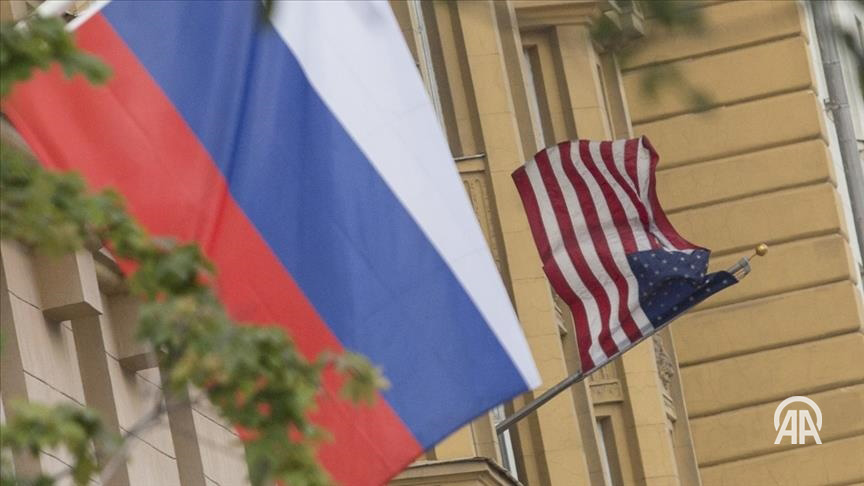The Balkans, a geopolitical cauldron, is witnessing a delicate dance involving confusional Western diplomacy, a determined Russian influence, and traditional regional intricacies. As the region grapples with historical tensions, recent events in Serbia and the Republic of Srpska underscore the challenges in managing Western influence and democratic values.
Serbia, under President Vucic, adopts a unique geopolitical strategy, seemingly sitting on two chairs, embodying a wishful bachelorette coveted by both Russia and the West. Vucic’s new kind of Titoism involves looking both west and east, staying neutral, and occasionally providing each side with concessions. While occasionally aligning with the West in criticizing the invasion of Ukraine, Serbia refrains from joining sanctions against Russia. The country, still dependent on Russian gas and support regarding Kosovo’s independence, showcases a pragmatic approach that challenges Western expectations of integration.
Despite Serbia’s dubious role in regional security, criticized by neighbors for meddling, the West chooses careful rhetoric, avoiding confrontation with Serbian authorities. Even instances like the Banjska attack and Serbian involvement seem to be easily forgotten. Some Western politicians criticize Serbia’s revived appetites in the region, especially towards Montenegro and Bosnia, through a concept called the Serbian world, mirroring the Russian world concept.
The Western appeasement of Serbian aggressiveness faces criticism from regional and some Western analysts. Calls for more resolute actions against Serbia, pushing it to distance itself from Russia, resonate among those questioning the wisdom of current Western strategies. The U.S. and the EU, more vocal in criticizing Kosovo Prime Minister Albin Kurti than Vucic, create mistrust among traditional Western loyalists in the Western Balkans societies.
Amidst these complexities, Serbia aggressively arms itself. The U.S. promises Javelins to Kosovo Albanians, a weapon ideal for countering Serbia’s reliance on mechanized infantry and armored vehicles. The Montenegrin government’s heavy influence from Serbia and the Serbian Orthodox Church adds another layer of concern, while the leader of Republika Srpska calls for secession, challenging regional stability.
Albania and Northern Macedonia, seemingly distanced and distracted by internal issues, support Serbia’s Open Balkan initiative, contributing to the cacophony in the West. Germany’s proactive role in the Balkans contrasts with potential disruptions from major elections. European parliamentary elections may witness a wave of right-wing populist successes, hampering European integration. Simultaneously, the potential re-election of Donald Trump might encourage Serbia to persist in its aggressive activities.
In this ever-evolving geopolitical landscape, the Balkans stand at a crossroads, grappling with a delicate interplay of influences. The Western Balkans societies, torn between historical alliances and emerging realities, navigate a precarious path that demands astute diplomatic strategies to foster stability and uphold democratic values.
Recent diplomatic engagements between Serbia and the EU reveal a precarious balance, with Serbia’s internal democratic backsliding posing challenges. NATO partnerships exemplify the cautious approach, recognizing Serbia’s strategic importance while addressing regional concerns. However, recent Serbian elections cast a shadow, with some voices in the West questioning their fairness. The detainment of opposition politician Nikola Sandulovic by Serbian security agencies further highlights the rise in authoritarian practices by the Serbian government, challenging Western support and appeasement.
Beyond regional assertiveness, Russian influence seeps through Serbian conduits, such as the Serbian Orthodox Church and Serbian nationalist organizations, shaping the geopolitical narrative. The support for right-wing organizations and the intertwining with nationalist sentiments create a landscape challenging Western values. As the West grapples with Serbia’s actions, the multifaceted Russian approach complicates the region’s strategic dynamics, necessitating a recalibration of Western influence.
The provocative Republic of Srpska parade, coupled with Dodik’s continuous calls for secession, poses a direct challenge to Bosnian sovereignty. This provocative act challenges the delicate balance in the region, necessitating a robust Western response to safeguard regional stability and uphold democratic principles.
In addition to these provocations, Serbia’s aggressive military build-up heightens concerns over potential military escalation. The West’s responses must now navigate not only Serbia’s assertiveness but also the broader implications for regional stability. The delicate balance of power is further tested, demanding a nuanced and strategic recalibration from Western powers. Still, this does not seem to be happening, as the Western response remains discreet and constrained.
The West’s appeasement towards Serbia risks eroding trust and loyalty, with recent Serbian elections and the detainment of opposition figures adding to the skepticism. Bosniaks, Albanians, and Montenegrins, who traditionally aligned with Western values, question the depth of Western commitment because of the readiness of the West to criticize actions of their leaders and the governments, asymmetrical to that what they are doing in Serbia. The perception of Western support for Serbian authorities despite authoritarian practices underscores the need for a reassessment of Western strategies.
In this context, the West faces a critical juncture where the erosion of trust among traditional partners threatens to reshape alliances in the region. The delicate dance between appeasement and democratic values requires a strategic reassessment to ensure stability and the promotion of democratic ideals in the Balkans, as the third-party players are waiting to fill the vacuum.
Ljubomir Filipović. Montenegrin political scientist




